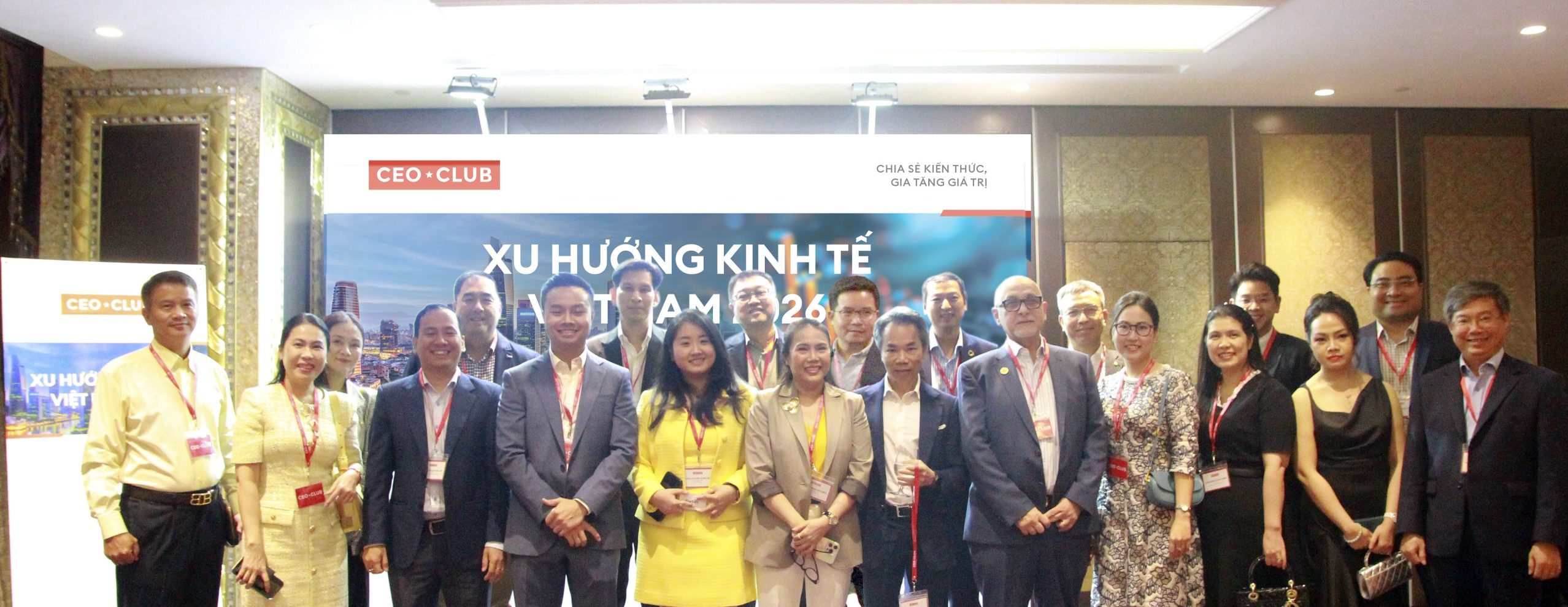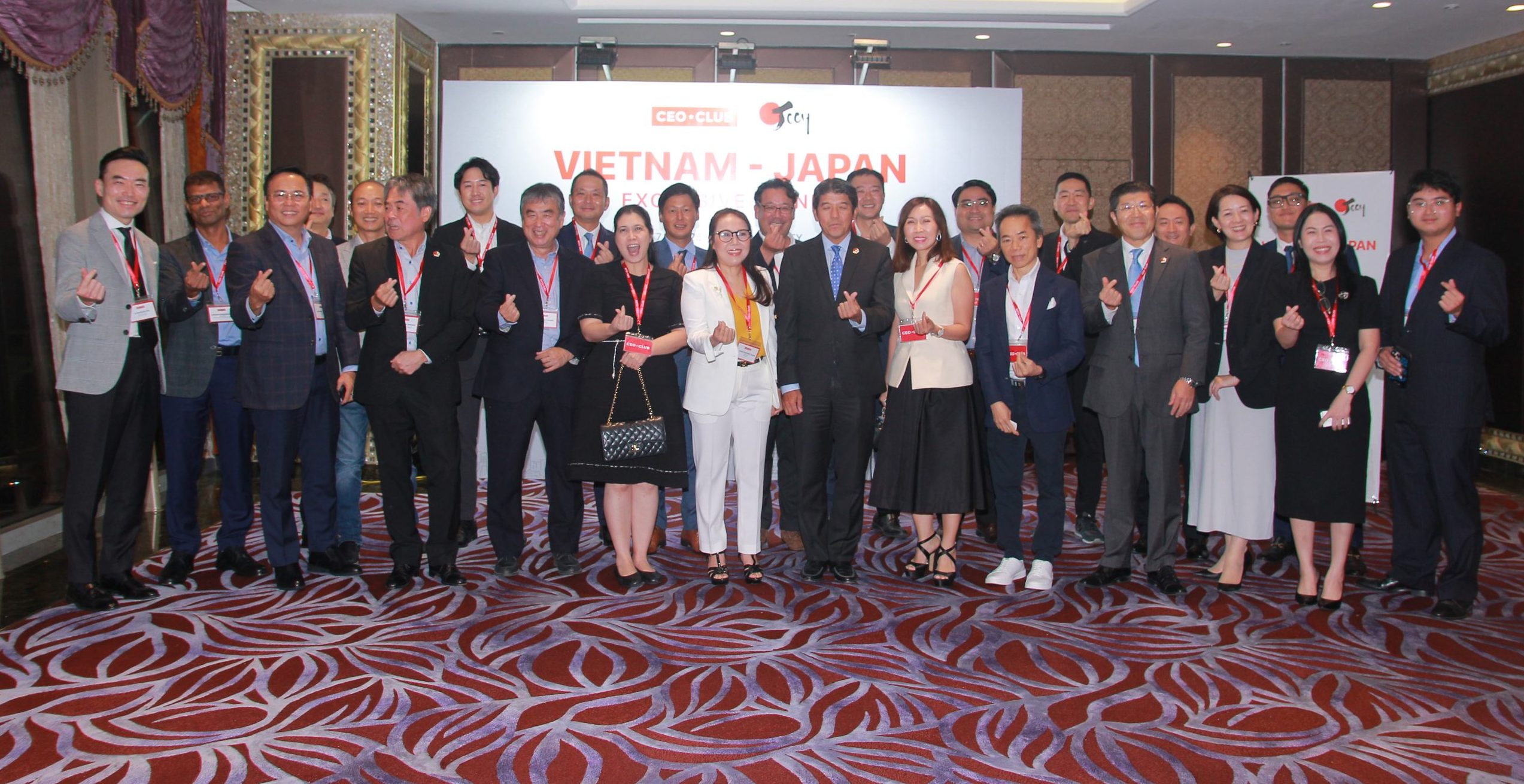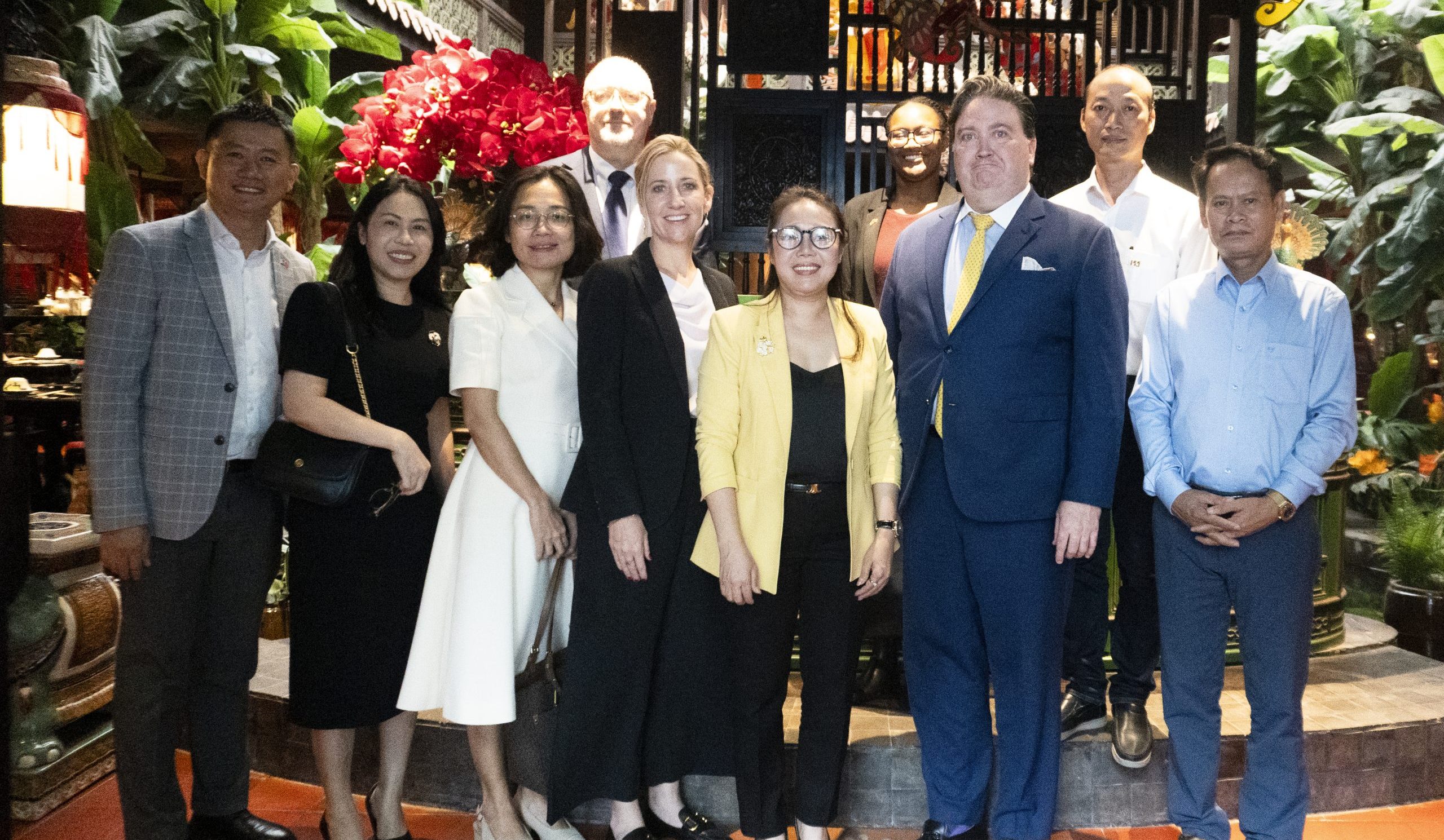The Vietnamese government will provide cash support for large FDI enterprises and domestic firms leading key economic sectors in the country during the 2024 fiscal year.
The government offered the support in a draft decree on the establishment, management, and use of investment support funds which will be issued next month to respond to the Organization for Economic Cooperation and Development’s initiative of a global minimum corporate tax rate of 15 percent for multinational firms with turnover above a 750-million-euro (US$780-million) threshold from early this year.
The global minimum tax imposition and the global investment shift have forced the governments of countries to come up with support policies to retain large investors.
Many large FDI firms have surveyed and studied investment opportunities in Vietnam over the past few months.
However, many of them have shifted to other markets due to Vietnam’s shortage of detailed regulations on investment support.
The expansion of large hi-tech investment projects of giants, such as Samsung, LG, SMC as well as producers of accessories for Apple, IBM, Sisco, Foxconn, Compal, and Quanta has shown signs of stagnancy as they await clarification on Vietnam’s policies.
As a result, the Ministry of Planning and Investment said measures were needed to respond to the impact of the global minimum tax, retain tech giants, and attract new projects.
The government’s support policies also aim at strategic local enterprises which are responsible for cementing the country’s economic position.
In November last year, the lawmaking National Assembly issued a resolution asking the government to stabilize the investment environment and attract strategic investors and multinational groups.
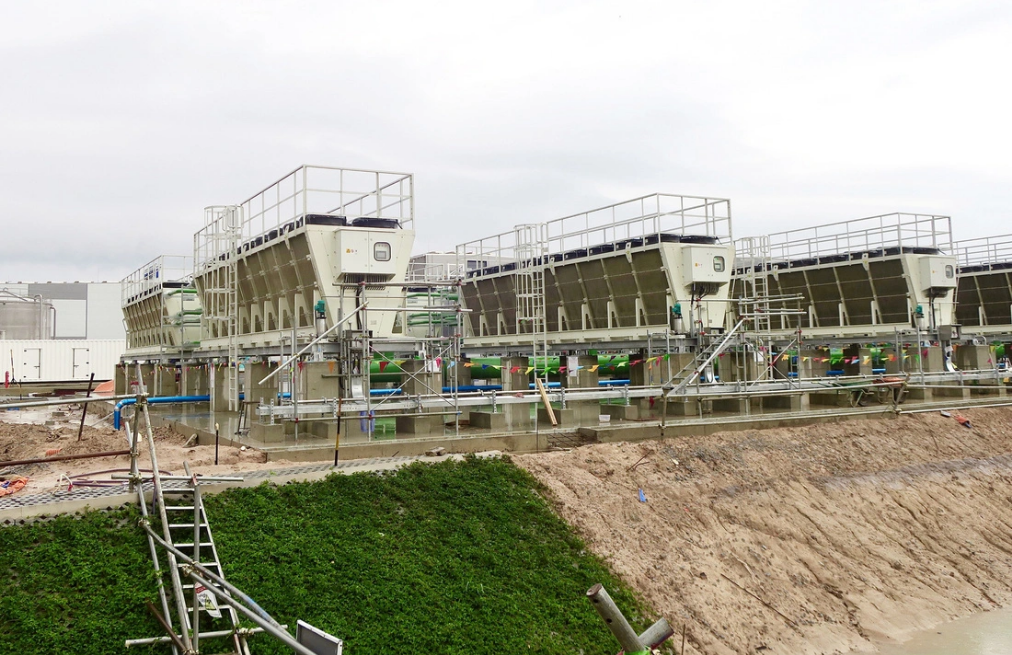
LEGO is completing its factory as scheduled and has plans to recruit personnel for the factory’s operation. Photo: T.T.D. / Tuoi Tre
Nguyen Van Toan, vice-chairman of Vietnam’s Association of Foreign Invested Enterprises, said foreign investors play diplomatic roles, besides studying investment opportunities in Vietnam.
Therefore, solutions to support investors and improve the local investment environment should be employed faster and more effectively, Toan added.
For high-quality FDI investors that are making large investments, the country should use revenue from the global minimum tax to support them.
The country may call on domestic firms to provide auxiliary products in a bid to serve FDI partners.
To lure new investors, Vietnam should focus on offering tax incentives and training human resources for key sectors, such as the semiconductor industry.
It is important to develop local economic groups strong enough to cooperate with FDI firms, Toan suggested.
Moreover, Vietnam needs to help local enterprises develop research and development centers.
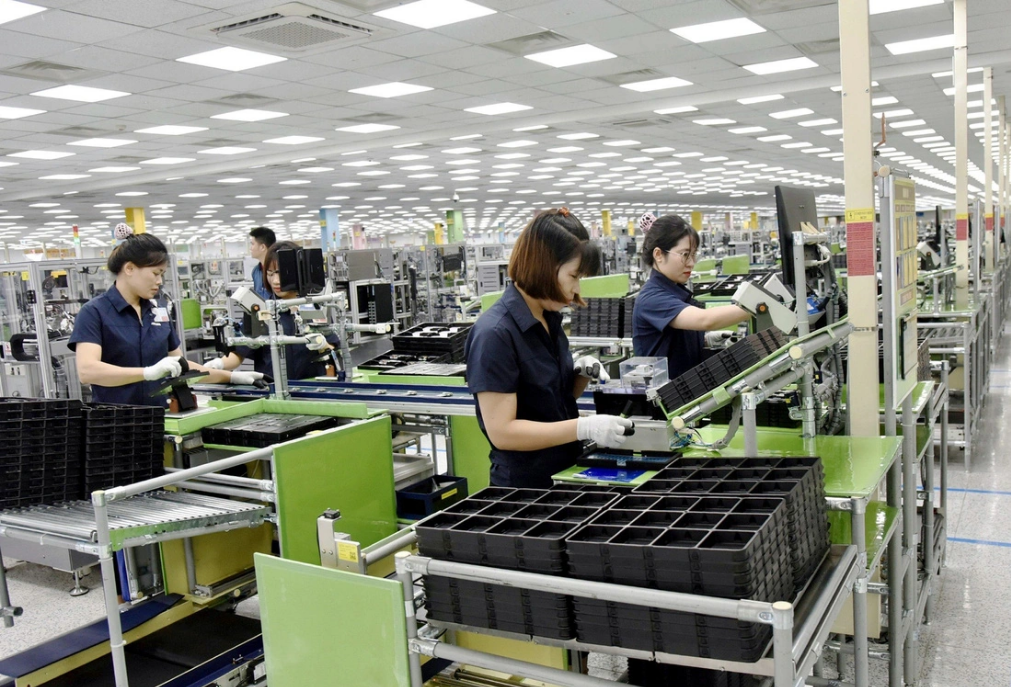
Production lines at Samsung Electronics Vietnam Co. Ltd. in Bac Ninh Province, northern Vietnam. Photo: Duc Anh / Tuoi Tre
According to Dr. Pham Hung Tien, deputy director of the Friedrich Naumann Foundation in Vietnam, only Vietnam’s textile and garment sector is capable of competing in the global market.
Its strengths are the connection among enterprises and the support of localities, universities, and research units.
This is a key for the sector’s success and a lesson for other sectors.
It will be hard to get success if the country just focuses on the benefits of some enterprises. It is more important to establish value chains or increase the number of phases in existing value chains of which Vietnamese firms can take charge.
The country should focus on not only FDI firms’ investment models but also local enterprises’ cooperation demands, the expert suggested.
Rolling out red carpets for foreign investors is not enough, Tien noted, adding that Vietnam needs to set up hi-tech industrial parks and clusters which will operate like ecosystems in certain sectors, such as mechanical engineering, automaking, and semiconductors.
Do Thien Anh Tuan, a lecturer at Ho Chi Minh City-based Fulbright University Vietnam, said investment support funds should be accessible to all eligible domestic groups and FDI firms.
Vietnam should not rely solely on enterprises’ investment capital to offer preferential policies and may consider revoking incentives if investors fail to meet their commitments.
Investors need to pledge to create value for Vietnam, Tuan added.
Thanh Ha – Bao Ngoc – Ngoc Hien – Khanh Quynh (Source: tuoitrenews.vn)
